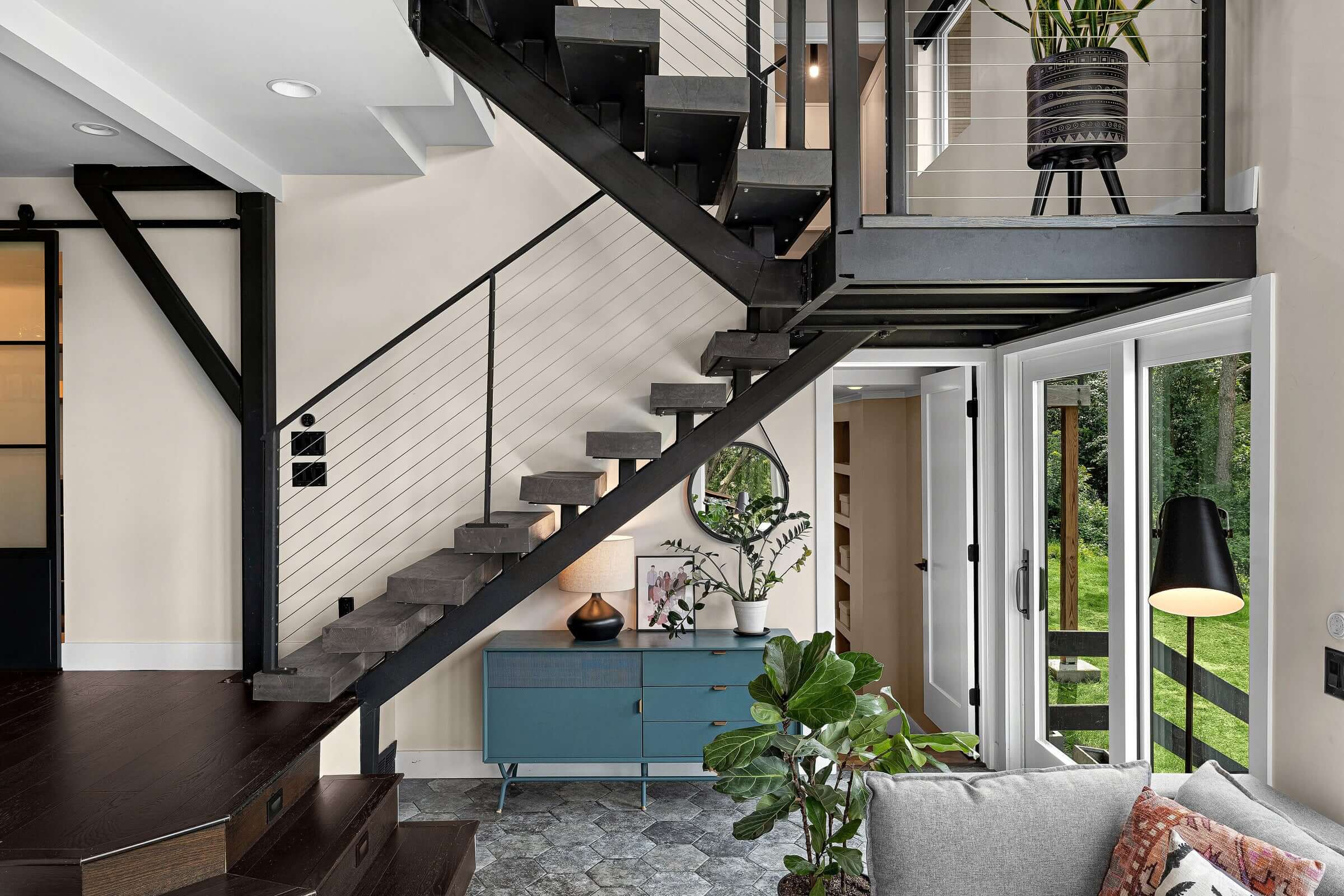The Hidden Costs of Buying a Home: What to Expect
Buying a home is an exciting milestone, but many first-time buyers are surprised by the expenses that go beyond the purchase price. Understanding the hidden costs of buying a home can help you avoid unwelcome surprises. From closing costs to ongoing maintenance, let’s break down the unexpected homeownership costs you need to budget for.
1. Closing Costs
When the purchase agreement is signed, you’ll have more to pay than just the down payment. Closing costs generally range from 2-5% of the home’s price. Here are some of the fees you might encounter:
– Loan Origination Fees: The cost of processing your mortgage application.
– Appraisal Fees: The lender requires an independent appraisal to ensure the home is worth the loan amount.
– Title Insurance: Protects you and the lender if there are any legal disputes over the property’s ownership.
– Home Inspection: A must to assess any potential problems with the home’s structure or systems.
– Property Taxes and Insurance: You’ll often need to prepay these at closing.
These costs can add up quickly, so it’s essential to factor them in when determining your home budget.
2. Moving Expenses
Once you’ve closed on your home, the costs of moving can take a significant chunk out of your savings. Depending on the distance and amount of belongings, professional movers can be expensive. Don’t forget the costs of packing supplies, potential storage fees, and time off work for the move.
3. Immediate Repairs and Upgrades
Your home inspection might reveal necessary repairs that need immediate attention. While some sellers may agree to cover certain fixes, others might leave you responsible for costs like:
– Replacing outdated electrical systems
– Addressing plumbing issues
– Fixing roofing problems
Additionally, new homeowners often feel the urge to make the space their own. Whether it’s a fresh coat of paint, new flooring, or updating appliances, these hidden homeownership costs can sneak up on you.
4. Routine Maintenance
Owning a home is a long-term commitment, and that includes maintaining it. Experts recommend setting aside 1-3% of your home’s value each year for ongoing upkeep. This includes:
– HVAC Maintenance: Regular servicing of heating and cooling systems.
– Lawn Care: Depending on your property, this could involve landscaping services, equipment, or supplies.
– Plumbing and Electrical: Small fixes like leaks or faulty outlets can add up over time.
Ignoring routine maintenance can lead to more costly repairs down the line, so it’s wise to budget accordingly.
5. Homeowner’s Association Fees
If you’re moving into a condo or a neighborhood with a homeowner’s association (HOA), you’ll likely face monthly or annual dues. These fees cover shared amenities like pools, gyms, and landscaping, but they can vary widely depending on the community.
6. Utilities and Other Monthly Costs
When transitioning from renting to owning, you might find that your monthly utility costs increase. Homeowners are responsible for:
– Water, Gas, and Electricity: Bills can be higher depending on the size of the home and its energy efficiency.
– Garbage Collection: Some areas charge for waste removal services.
– Internet and Cable: New providers may require installation fees, and rates may vary from what you paid as a renter.
7. Property Taxes and Insurance
Even after closing, property taxes and homeowners insurance are ongoing expenses. Property taxes depend on the assessed value of your home and can vary based on location. Insurance premiums may also increase if you make major upgrades or the area experiences higher risks, such as extreme weather.
Buying a home is more than just affording the list price. The hidden costs of buying a home—from closing fees to ongoing maintenance—can catch buyers off guard. By preparing for these unexpected homeownership costs, you’ll be in a better position to enjoy your new home without financial stress. Make sure to factor these expenses into your budget to ensure a smoother, more financially sound transition into homeownership.





